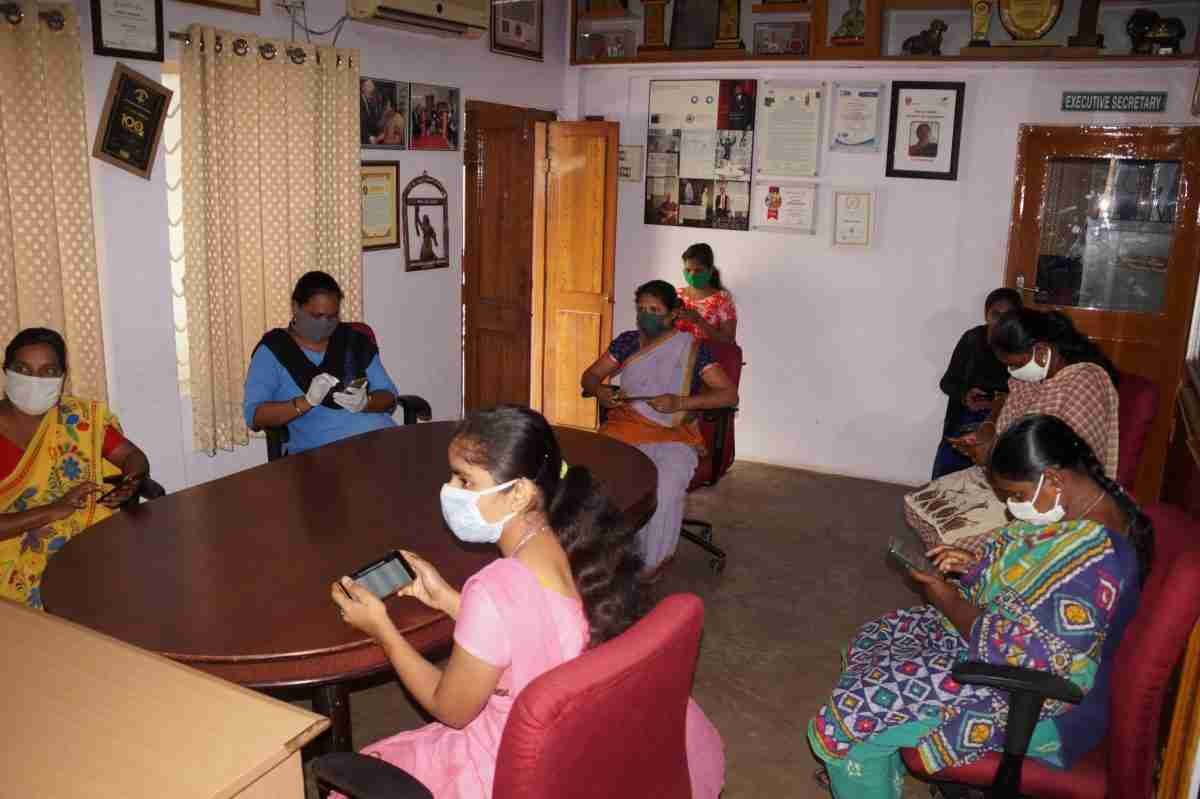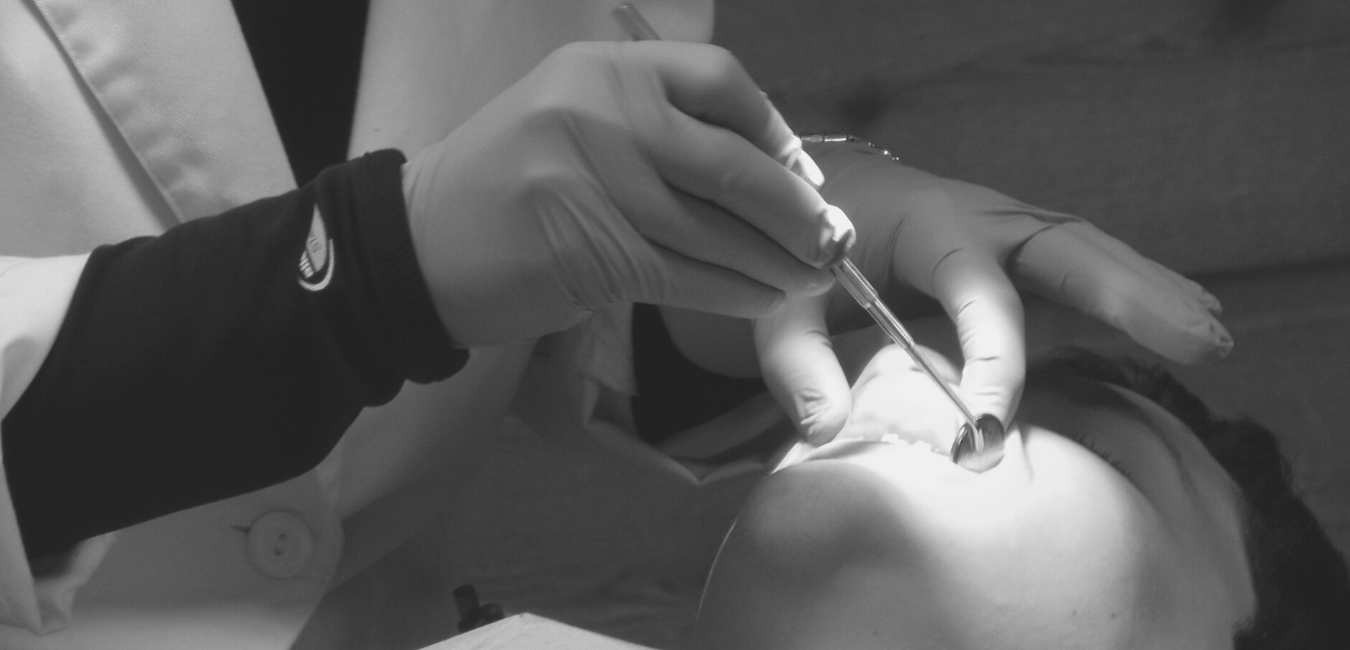We have been getting requests for COVID -19 Training for frontline workers nearly everyday. That is not surprising.
Pregnant women in urban slum and rural communities are facing unexpected hardship because of COVID -19. The antenatal support provided through Government of India's Janani Sishu Suraksha Karyakram programme in Andhra Pradesh has come to a standstill as Anganwadi Centres (AWCs) have had to be closed because of the COVID - 19 related lockdown.
The closure has not only meant that services such as routine checkups, educational sessions, peer support and distribution of food has been affected. It has also compounded pregnancy related anxiety. In such circumstances, front line community health workers, that is, ASHA and AWC workers who are from the communities too feel helpless and despondent that they are not able to do more.
Most of these frontline champions have been reassigned to COVID related general awareness raising duties. However, there remains a huge gap in knowledge and information in relation to pregnancy at the time of the COVID-19 pandemic.
We keep getting requests from our frontline colleagues for information and training on pregnancy and COVID - 19. In response, we have developed a one hour training session curriculum which helps community health workers answer questions and give advice on antenatal issues in relation to COVID. The training will equip them to reach out and advice and support pregnant women with wellness and allay anxiety.
To know more about the training curriculum you can view the deck here.


